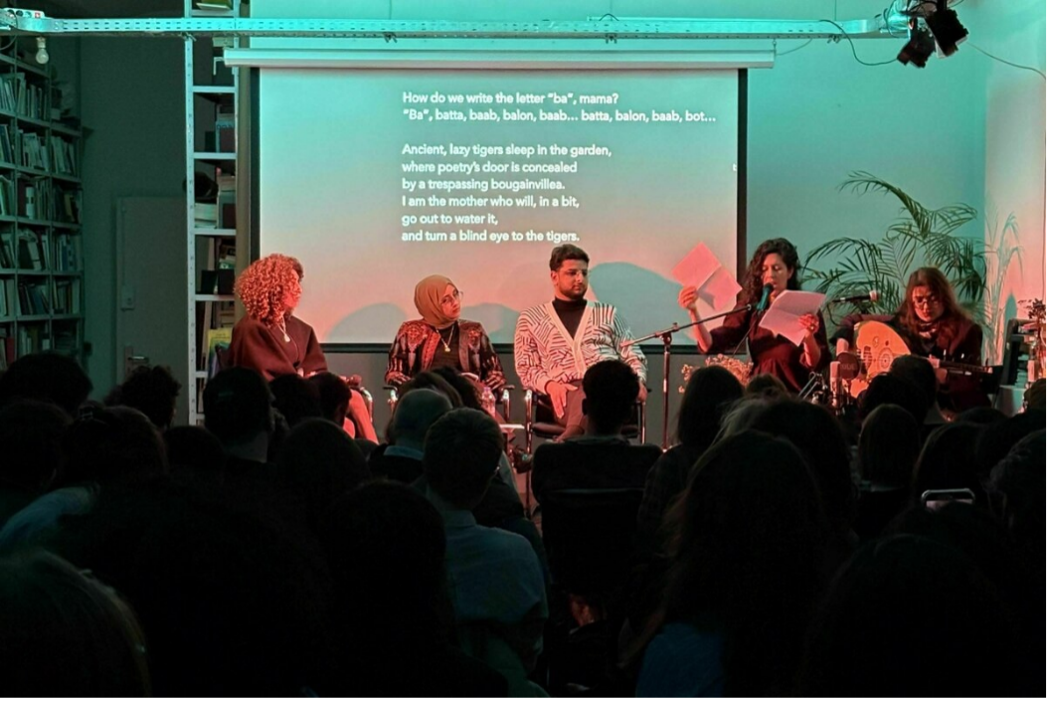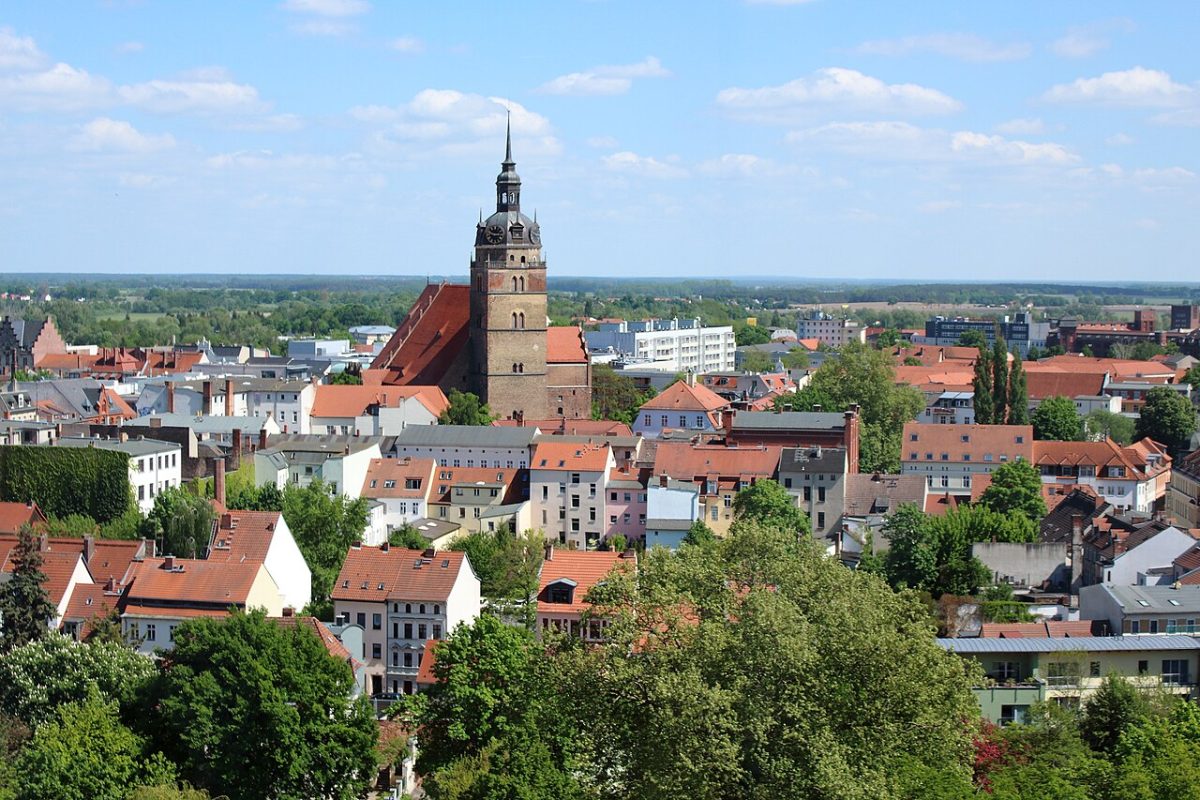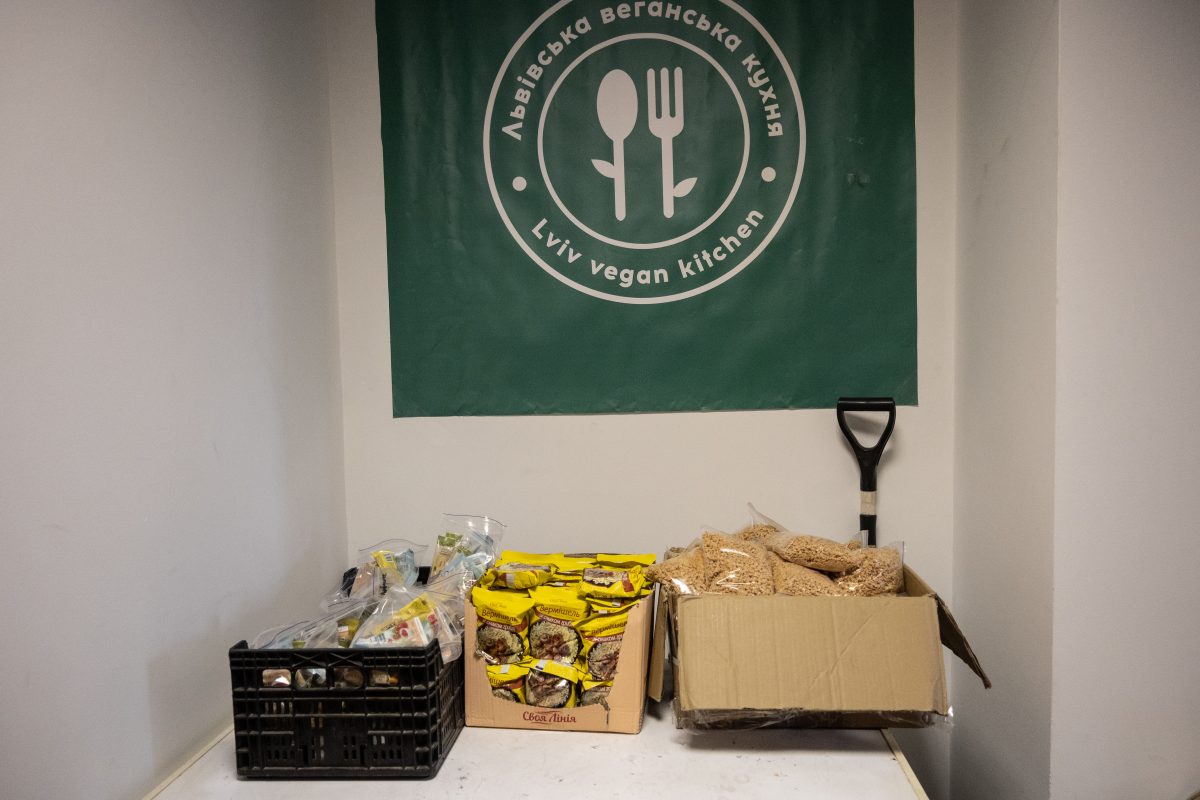On Friday the 8th of January, 2021, Marco Reckinger, to me known as Markus, passed away in the Herrfurthstrasse in Neukölln, Berlin. He was in his early thirties, struggling with psychological problems, remarkably friendly and charismatic, despite sleeping rough. I live on the street that was his home, nearby to the place where he is now remembered. I would like to share some thoughts with you, other neighbors, and with everyone that cared. 2021 has barely started, we are in lockdown mode, and we should not need to ask ourselves all these questions, alone.
For the last three years, Markus’s shouts were a background to the daily lives of my family, even reaching our colleagues through the now endless work zoom calls, and providing a weird layer over the bedtime stories for our kids. When I first encountered him, years ago, I was suspicious, as who knows what mentally unstable people suddenly might do?
As time went by, we developed a sort of co-existence. We said hello in the morning, and again in the afternoon. The kids ran up to him as soon as they could to give a thumbs up, and if he was mentally present, he would answer with a thumbs up and a big smile.
Before we knew his name, our worried old neighbor referred to him as “unser penner da unten” (translates: our tramp down below) when asking about his health. The word that stuck with me in this description was our. Whoever he was, after years living in our street, Markus belonged with us. I am very sure he was his own, possibly more than anybody, but the fact that Markus was part of our lives was real. That came with a sense of responsibility, and I do not think there is an escape to that. I am not surprised that hundreds of people from the neighborhood have come to say goodbye to him in the last week. An amazing amount of people really cared, but we were not able to organize suitable longterm help. Why?
We called around in summer, when it was too hot to be outside and Markus seemed to be more in distress than usual. The reply we got from whatever place we called was he must come on his own initiative, or we must call the police — they will bring him if he is a danger to someone. Markus was not very present, but definitely not a danger, rather the opposite. In a sense oddly enough I felt safer knowing he was around. After accepting that there was no help to find, we resorted to doing what I believe most people did; to bring tea in winter, occasionally money, dry blankets, clothes and cigarettes.
In the recent weeks he fell ill. I partly witnessed the team from the help for homeless (Obdachlosenhilfe) trying to convince him to come with them to the shelter. The interaction left me quite choked, as the team were not a friendly crew. I can definitely understand why he chose not to come with them. Shortly afterwards I started noticing that it was so awfully quiet outside. Markus had gotten too weak to scream. I started to believe he would not make it. I asked friends what to do, nobody could answer. I could not imagine Markus getting well in an institution. Surely, I had friends who were greatly helped by the mental health care and institutions, but I just did not think it could work for him.
What sort of help would be appropriate? Seeing the obvious support in the neighborhood, I played with the thought of crowdfunding a space for him, but knowing I didn’t have capacity to pull it off right now — neither time to organize, nor people to think it through with — and knowing that even if it would have worked, simply money or a space to live would not have been enough. It is very hard for me to accept this fact — that there was no way that I saw that would offer viable help.
To me his death was political. It touches on systems, on barriers and on culture. I learned the details of Markus previous life through a goodbye speech by his friend last Sunday. What I had imagined was confirmed — in a sense Markus story was a familiar Berlin story, a life path easy to relate to. He was a music producer, a social party animal, arriving here a little lost in his twenties, like many of us did, including me. I am sure we could have danced to the same beat. Berlin does not judge, but it also does not catch you if you slip.
I used to believe that in crisis the only thing that will persist and fix things is community, connections in neighborhoods, between people on the ground. We all knew he needed help, but we did not know how. It leaves me with the chilling feeling that we and our friends, are not safe. It is easy to slip out of a system which is built on many small units. If your unit is broken, or if you yourself are so broken that it is unreasonable for your small unit to carry you, is there a path forward? The state did not fill that function. What sort of structure can take that responsibility? I would like to know.
Through the years, Markus became a sort of friend, and it mattered. His death broke some of my defense, the quite stiff barrier between me and the outside of my unit. This system — with every unit on its own — requires my ignorance, it is a prerequisite for me to function in it. Now my defense system is damaged. It is impossible for me to ignore a person, a sort of friend, dying on my literal doorstep. I saw no way to prevent it, but I refuse to ignore it. I would like to keep my defense system broken, stay just a little bit more off guard, allow myself to be a little less indifferent. If Markus’s death can bring me one thing to hold on to, it is this. The preparedness to feel that others matters, also in moments when there is no clear path to make sense of that compassion, also when the road forward is blocked.
The day after Markus died, I found out that he did refuse to enter the ambulance several times. Would he had entered if someone he knew was friendly would have offered to come with him? I will never know. He had the right to choose to move on, it was a fair decision to make. A few years in the cold is already a few years too much.
I hope Markus has found his peace. For me the silence is still unfamiliar, and it is definitely not ours yet. In time it will be.
Rest in peace, Markus.
Update: I received requests for a German version of this text, thanks to T. from the neighborhood it now exists. 🙂
Julia V, writing from the hood, spent the last decade in Neukölln. Passt auf einander auf! ” Twitter: @_headquarters. This article first appeared on Julia’s medium page. Reproduced with permission




